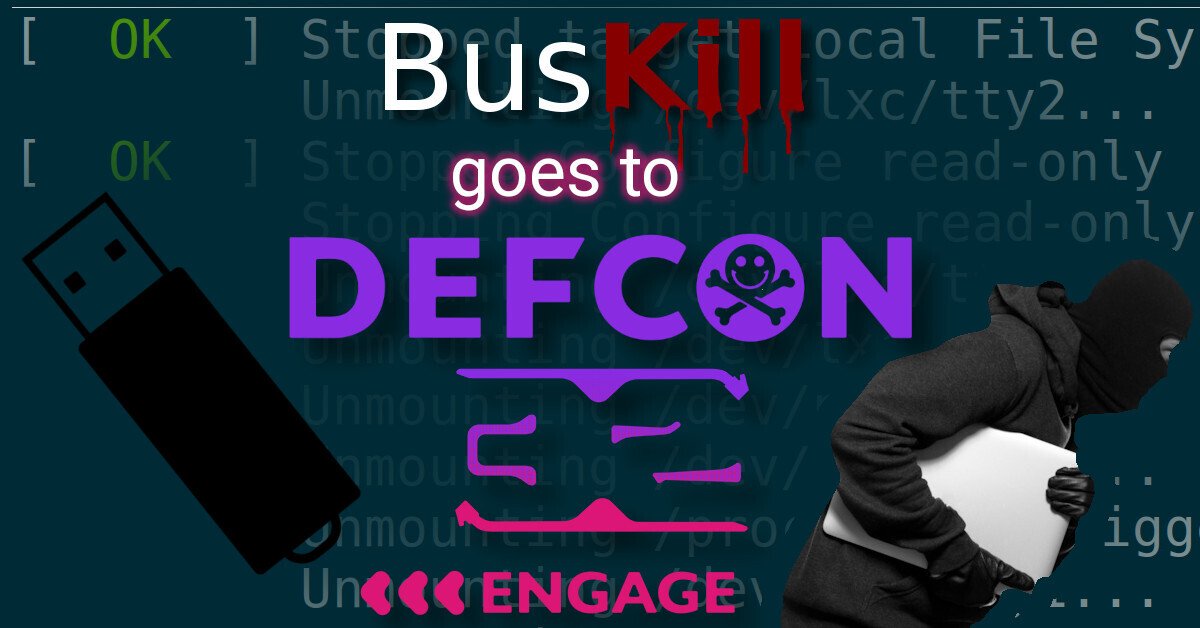privacy
2909 readers
8 users here now
Big tech and governments are monitoring and recording your eating activities. c/Privacy provides tips and tricks to protect your privacy against global surveillance.
Partners:
- community.nicfab.it/c/privacy
founded 2 years ago
MODERATORS
26
27
28
29
30
31
32
72
Gemini AI platform accused of scanning Google Drive files without user permission
(www.techradar.com)
33
34
94
Airbnb host secretly recorded over 2,000 images of guests with his security camera, authorities said
(www.businessinsider.com)
35
36
37
38
39
40
41
42
43
44
45
46
54
Google’s attempt to kill off child privacy app advertising lawsuit defeated
(www.theregister.com)
47
48
49
43
Chat control vote postponed: Huge success in defense of digital privacy of correspondence!
(www.patrick-breyer.de)
50




